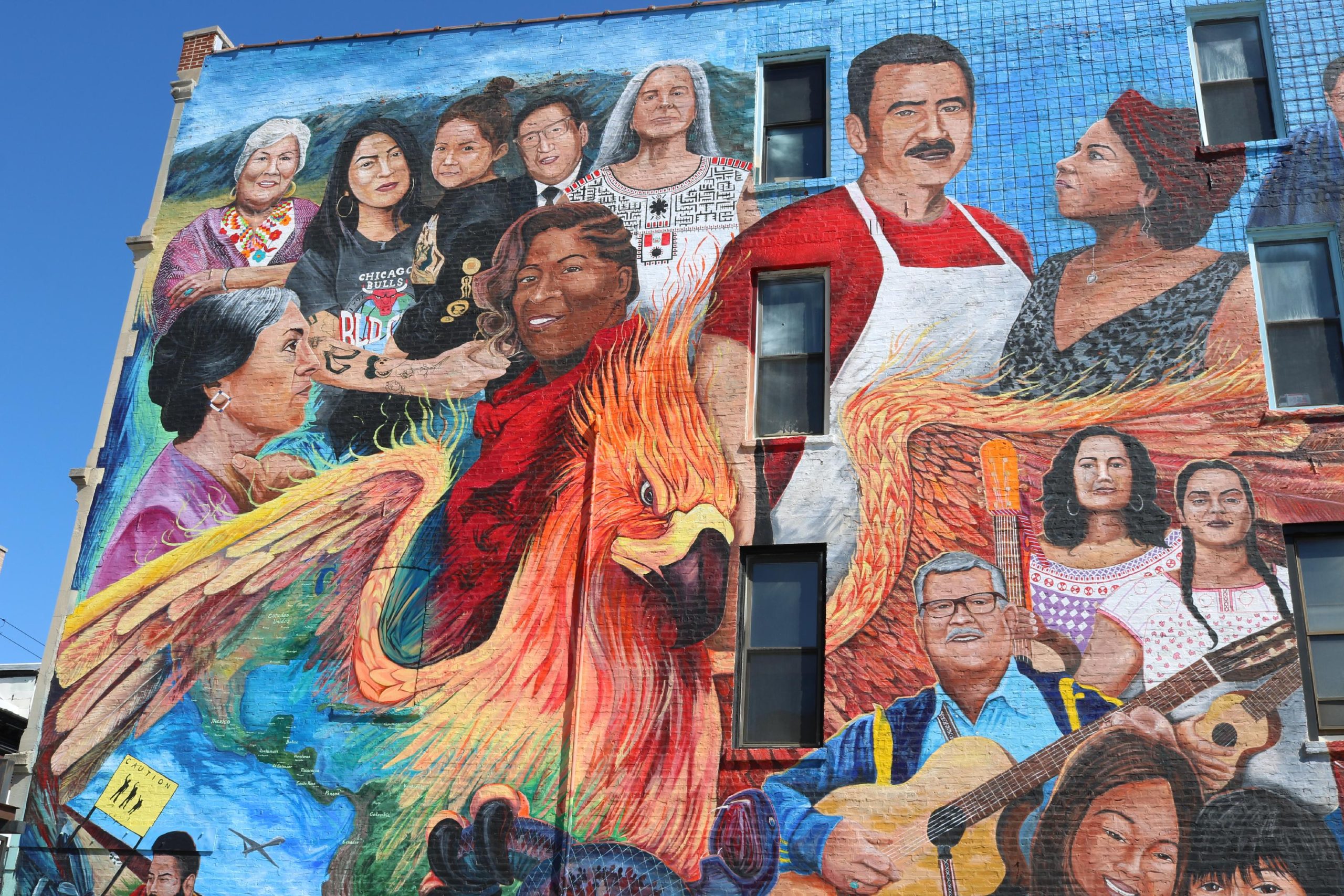1 Introduction: An Origins Story

Every book has an origin story, and here is this one. In the Spring of 2023, one of my professional goals came true. After decades of working on Latine education issues as a public school middle and high school teacher, community organizer, researcher, community college professor, and now as part of the faculty of the College of Education and Human Development at the University of Massachusetts, I had the opportunity to teach a course that completely focused on the complex histories and experiences of Latine students in schools in the United States (US). My students, included elementary, middle school, and high school teachers, principals, and school administrators, school psychologists in training, as well as higher education professionals, all had profound experiences in the field of education. As we got to get to know each other, I learned that despite their extensive training, and the fact that Latine students were widely represented in the schools they served, not one single student had ever had the opportunity to take a course that focused on this student population.
During that spring semester, we wrestled with the scholarship on Latine students in US schools, learned from the testimonios of Latine educators, and contended with the tensions, challenges, and opportunities that exist in wanting to best serve this diverse student population. In many ways, this has been my life’s work, that is, working in collaboration with educators and community members to amplify the experiences, needs, and strengths of Latine students, their families, and communities. Naturally, during the course, I found myself thinking about what it would look like if we shared what we learned with others. This book project, in part, reflects our collective work.
Grounded in critical and culturally sustaining pedagogies (Rendón et al., 2014; Alim & Paris, 2017) and recognizing the importance of intersectional analysis (Crenshaw, 1991) in understanding and disentangling the heterogeneity within and across Latine communities, this interactive Open Resource Educational book allows educators to engage with high-quality materials focused on various Latine student groups. As such, this book is an invitation to take part in a series of guided learning experiences to deepen our collective understanding of the sociopolitical, historical, and cultural contexts of Latine students in the US, and to consider how these contexts inform the schooling experiences and outcomes of Latine students as well as our own teaching and learning, and educational policies writ large. Three organizing principles shape this book:
- Latine communities comprise a vast range of cultures, histories, and languages, and have contributed to the development of what today is known as the United States.
- Latine students, families, and communities arrive at school with a host of cultural and community wealth (Yosso, 2005). Educators can use these assets to enhance student learning.
- Learning about and from our students, their families, and communities is important to educators committed to ensuring high-quality teaching and learning.
These principles are intentionally threaded throughout each chapter. Each chapter was written by an educator and curated to provide readers with access to high-quality materials, including interactive media, to further deepen their expertise on Latine students in US schools. By engaging with the materials and activities provided, I hope that you will not only deepen your knowledge base on one of the largest, fastest, and most diverse student groups in the US. but that the materials presented also raise questions about how to best serve this uniquely diverse student group. It is also my hope that educators leave this experience wanting to learn more. As such, I ask that we commit to embodying a spirit of curiosity and collaboration, which in part includes raising questions, sharing what we are thinking about with others, and understanding that there is always so much more to learn.
Media Attributions
- Latinx Murals of Somos Pilsen, by Pablo Serrano and Mateo Zapata is licensed under a All Rights Reserved license
In the Latin American tradition of knowledge production and learning, Testimonios are a first-person account of an experience that provides important insights related to with social and political inequality, oppression, or marginalization.
